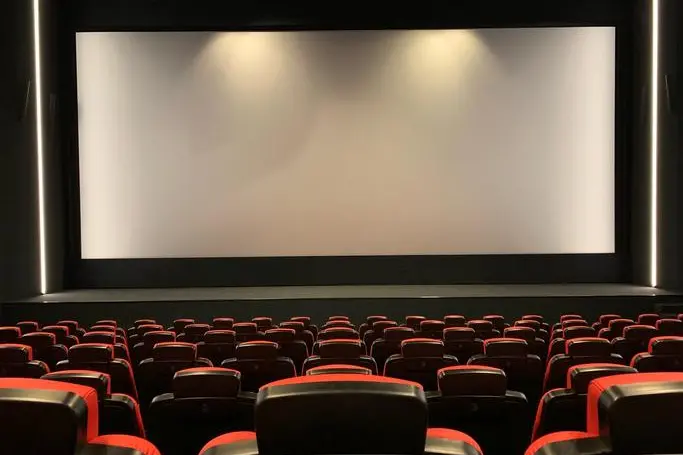PHOTO
JEDDAH: Saudi Arabia’s Red Sea International Film Festival is to screen 11 specially selected movies as part of its program to showcase the Kingdom’s emerging cinema talent.
The flicks will be shown online over a period of two weeks on the festival’s dedicated YouTube channel.
The event’s Tajreeb program, originally chosen for the inaugural festival, has been designed to free filmmakers from any constraints and allow their creativity to flow.
The 11 films picked for digital screening between Nov. 18 and 30 hail from regions throughout Saudi Arabia and are of different genres and lengths. Each will be available to watch for one week.
The movies selected are “Shame” directed by Abdulla Al-Bin Hamdha, “A DIY of a Dream 101” by Qamar Abdulmalik, “Nonself Portrait” by Asad Badawi, “Extraction of Lunar” by Lulua Al-Dehaiemi, “The Time Has Come” by Ayman Al-Ali, “Algari” by Ahmed Al-Hasawi, “Dissonance” by Moodi Al-Zamil, “A Breath” by Razan Alsagheer, “Remember Me” by Mohammed Hammad, “Color of Sunset” by Haidar Daoud, and “The Sleep Sun Station” by Anhar Salem.
Meanwhile, “Last Visit” directed by Abdulmohsen Al-Dabaan and produced by Mohammed Al-Hamoud, opened in Saudi cinemas on Wednesday.
The film is distributed by the Lebanese company MC Distribution and Saudi Arabia’s CineWaves Films, with the support of the Red Sea International Film Festival.
“Last Visit” had its world premiere at the Karlovy Vary International Film Festival, in the Czech Republic, where it was the first Arab film to participate in the East of the West Competition, and the drama won the Jury Prize at the Marrakech International Film Festival.
The movie tells the story of Nasser (played by Osama Alqess) who changes plans to go to a wedding when he hears that his elderly father is dying. Nasser drives his teenage son, Walid (Abdallah Al-Fahad) to his father’s small rural town, where the upheld traditions of the rural environment exasperate the different world outlooks of Nasser and Walid.
“Last Visit” was produced by Last Scene films with the support of the King Abdul Aziz Center for World Culture (Ithra) in Dhahran.
Copyright: Arab News © 2020 All rights reserved. Provided by SyndiGate Media Inc. (Syndigate.info).





















